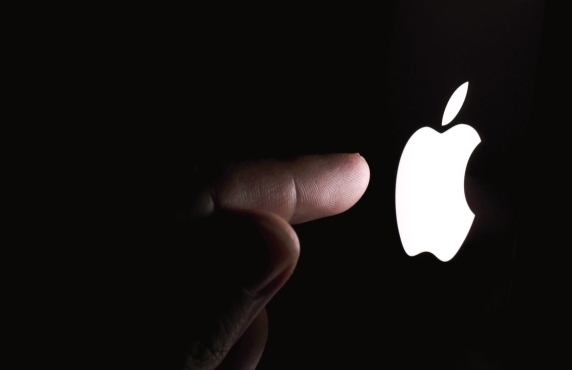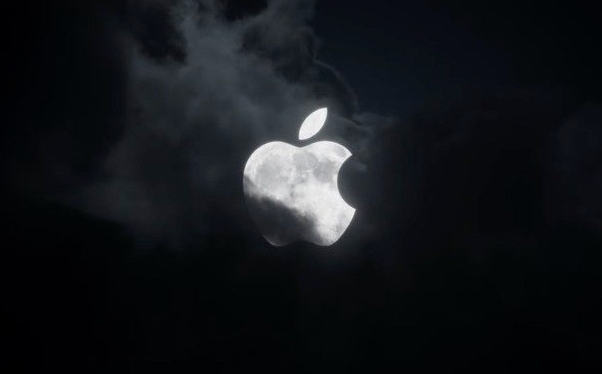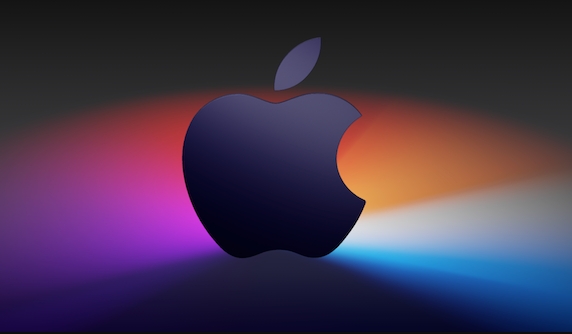To open the macOS Finder path bar, click the "View" menu and select "Show path bar". The path bar is located at the bottom of the window, showing the hierarchical path from the current location to the root directory, which is different from the status bar that displays the number and size of files. Use the shortcut key Shift Command P to quickly switch the path bar. If the path bar is not obvious in dark mode, you can switch to light mode or hover over it to enhance contrast. There is usually no need to adjust repeatedly after setting it once, unless the system environment is changed or when performing a demonstration.

Showing the path bar in macOS Finder is actually a very practical small function that allows you to see the full path of the current folder more clearly. This function may not be enabled by default, but it is very simple to set.

How to open the Finder path bar
The most direct way to display the path bar is to click View in the menu bar in the Finder window and select Show Path Bar. In this way, a row of path information will appear at the bottom of the window, which will be displayed from your current location to the root directory.
Sometimes you may accidentally turn it off, or change to a new computer and find that this option is turned off. Remember to go to the "View" menu to check it out.

The difference between the Finder status bar and the path bar is confused
There are two similar parts at the bottom of the Finder window: the status bar and the path bar. They look a bit like, but they do not work the same.
- The status bar usually displays information such as the number of files, total size and other files in the current folder.
- The path bar shows the path structure of your current location, such as "Macintosh HD > User > Your Username > Desktop".
If you only see a row of text paths, it means you have opened the path bar; if you see "15 items, occupying 2.3GB in total", it is the status bar. The path bar is particularly helpful for quickly locateing the upper directory.

Shortcut keys can also quickly switch path bars
In addition to using the menu bar, there is also a shortcut key that can quickly switch the path bar:
Shift Command P
This key combination is suitable for people who often operate in Finder, especially when you need to temporarily look at the path but don't want to display it for a long time, you can turn it on or off with just one click.
Why are the path bars not obvious sometimes?
The path bar defaults to a light gray background, and the font color is also light, especially in dark mode, which is sometimes difficult to see clearly. If you think it is not eye-catching enough, try:
- Switch the system appearance to light-color mode, the comparison will be more obvious
- When the mouse moves to the path bar, it will brighten a little for easy viewing
- If you use the path bar frequently, you might as well get used to its presence and try the navigation effect a few more times
Basically that's it. After setting it once, you usually don’t need to move again, unless you demonstrate it to someone or change it to a new system environment, you need to restart it.
The above is the detailed content of How to show the path bar in Finder. For more information, please follow other related articles on the PHP Chinese website!

Hot AI Tools

Undress AI Tool
Undress images for free

Undresser.AI Undress
AI-powered app for creating realistic nude photos

AI Clothes Remover
Online AI tool for removing clothes from photos.

Clothoff.io
AI clothes remover

Video Face Swap
Swap faces in any video effortlessly with our completely free AI face swap tool!

Hot Article

Hot Tools

Notepad++7.3.1
Easy-to-use and free code editor

SublimeText3 Chinese version
Chinese version, very easy to use

Zend Studio 13.0.1
Powerful PHP integrated development environment

Dreamweaver CS6
Visual web development tools

SublimeText3 Mac version
God-level code editing software (SublimeText3)

Hot Topics
 How to Remove Old Devices from Apple ID on Mac
Jul 07, 2025 am 09:08 AM
How to Remove Old Devices from Apple ID on Mac
Jul 07, 2025 am 09:08 AM
If you've owned multiple Apple devices over the years, you might find yourself in a situation where some of those older Macs, iPhones, iPads, or other Apple hardware have been sold, given away, or traded. No matter how they left your possession, it's
 How to Play Fortnite on Mac with FnMacAssistant & Sideloadly
Jul 05, 2025 am 09:21 AM
How to Play Fortnite on Mac with FnMacAssistant & Sideloadly
Jul 05, 2025 am 09:21 AM
Fortnite is once again available for iPhone and iPad users, bringing joy to many gamers. However, there's still no official version for Mac (at least not yet). Despite that, Apple Silicon Mac owners aren’t completely out of luck—you can run the iOS/i
 How to Enable iCloud Private Relay on Mac
Jul 05, 2025 am 09:36 AM
How to Enable iCloud Private Relay on Mac
Jul 05, 2025 am 09:36 AM
iCloud Private Relay is an excellent privacy feature included with the iCloud subscription, designed to safeguard your online activity and browsing by masking your IP address (using a temporary one) and encrypting DNS lookups. This prevents third pa
 How to Allow Apps During Downtime on Mac
Jul 04, 2025 am 09:03 AM
How to Allow Apps During Downtime on Mac
Jul 04, 2025 am 09:03 AM
Are you using Screen Time to manage your or your child’s Mac usage? If yes, you likely already know that it allows you to set app limits, schedule downtime on the Mac, and more. Additionally, you can also choose specific apps that remain accessible a
 How to Make MacOS Sequoia Feel Faster: Tips to Speed Up Slow MacOS
Jul 05, 2025 am 09:28 AM
How to Make MacOS Sequoia Feel Faster: Tips to Speed Up Slow MacOS
Jul 05, 2025 am 09:28 AM
macOS Sequoia is a solid operating system that brings some impressive features like iPhone Mirroring, and while performance is excellent for many users, not everyone experiences the same level of speed. If you're finding macOS Sequoia slower than pre
 How to See All Links Shared in Messages on iPhone & iPad
Jul 05, 2025 am 09:31 AM
How to See All Links Shared in Messages on iPhone & iPad
Jul 05, 2025 am 09:31 AM
If you frequently use iMessage, then you've likely shared numerous web links in your chats — maybe an article, a video, a tweet, a song, or anything else. Locating these links later can be quite frustrating, but thankfully there's a simpler method th
 Create a MacOS Tahoe 26 Beta VM with Three Commands in Terminal Using tart
Jul 06, 2025 am 09:28 AM
Create a MacOS Tahoe 26 Beta VM with Three Commands in Terminal Using tart
Jul 06, 2025 am 09:28 AM
Advanced Mac users familiar with the command line can swiftly set up a MacOS Tahoe 26 beta virtual machine by entering a few commands into Terminal, using tart. Tart is a command-line utility for managing virtual machines and offers one of the quicke
 WindowServer Quit Unexpectedly: How to Fix It on Mac Air/Pro?
Jul 05, 2025 am 09:17 AM
WindowServer Quit Unexpectedly: How to Fix It on Mac Air/Pro?
Jul 05, 2025 am 09:17 AM
What is WindowServer and why is it importantWindowServer is a core macOS process that manages how apps and windows appear on screen. It handles GUI rendering, controls internal and external displays, and enables all vis






